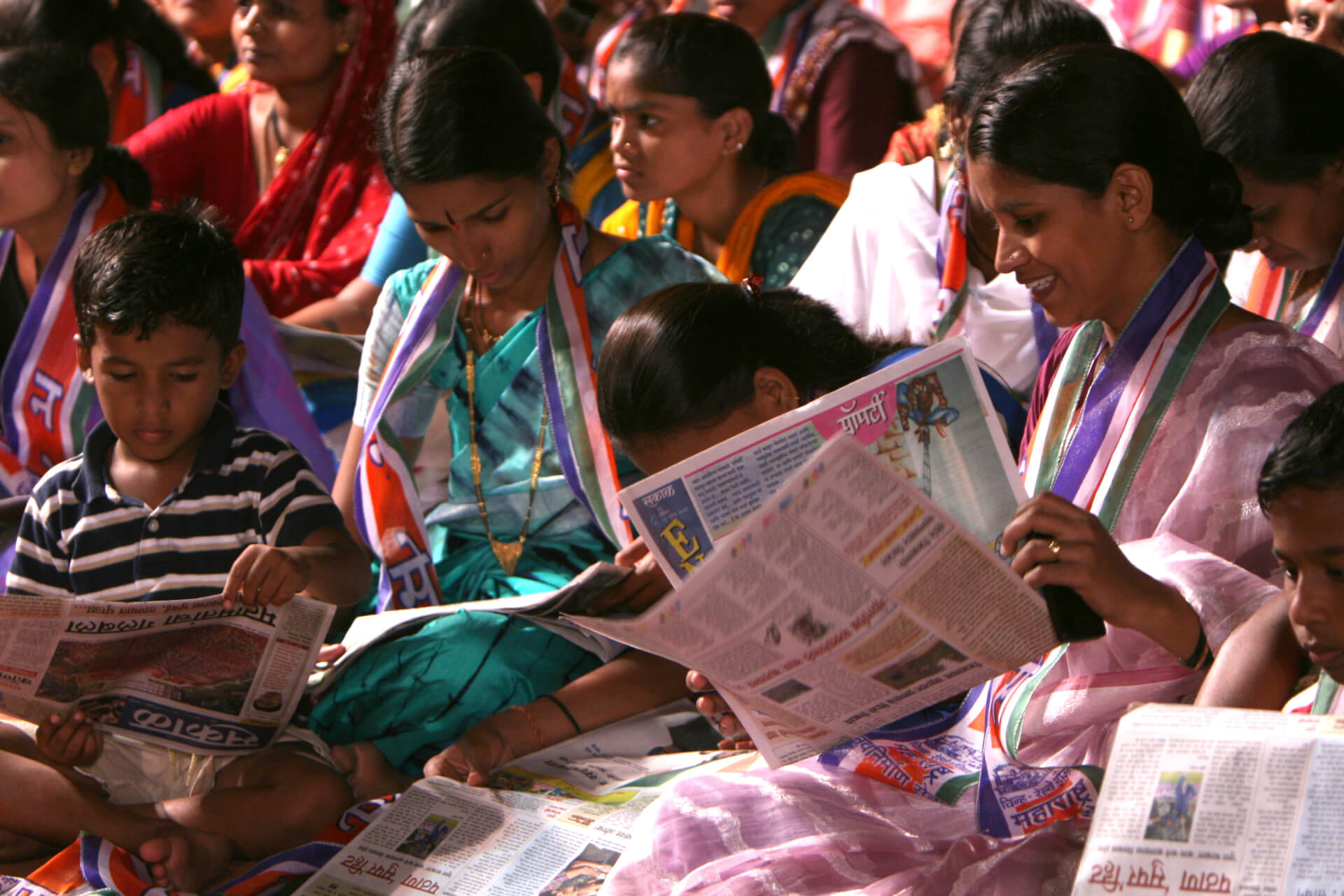India has fallen 28 places on the World Economic Forum’s Global Gender Gap Index 2021 and now ranks 140th among 156 countries, making it the third-worst performer in South Asia, following Afghanistan and Pakistan.
The Global Gender Gap report looks at the progression of gender-based gaps in four main areas: economic participation and opportunity; educational attainment; health and survival; and political empowerment. Though it shows a closing of nearly 62.5% of India’s gender gap overall, it is still wider than what it was in 2020. Last year, the WEF had said that India had closed 66.8% of its gender gap, and it stood at number 112 out of 153 other nations on the list.
The biggest regression took place in the sub-category of political empowerment, where India lost 13.5 percentage points. “The main change that took place this year is the significant decline in the share of women among ministers, which halved, from 23.1% in 2019 to 9.1% in 2021,” the report said, adding that “the share of women in parliament remains stagnant at 14.4% and the share of the last 50 years in which a woman has been head of state is 15.5.” Economic participation and opportunity also saw an erosion, with a widening of the gender gap by 3%. The report attributes this decline to low labour force participation rates (22.3%), skyrocketing wage gaps (women make only one-fifth of men’s incomes), and the limited share of women in senior and managerial positions (14.6%).
The document also points to discrimination against women in the health and survival sub-index. “With 93.7% of this gap closed to date, India ranks among the bottom five countries in this sub-index. Wide sex ratio at birth gaps are due to high incidence of gender-based sex-selective practices.” Further, it points to grim realities of intimate violence in the country, stating that more than one in four women have experienced such incidents in their lifetimes. “Conversely, 96.2% of the educational attainment subindex gender gap has been closed, with parity achieved in primary, secondary and tertiary education. Yet, gender gaps persist in terms of literacy: one-third of women are illiterate (34.2%) compared to 17.6% of men,” it says.
According to the WEF, it will take 145.5 years to attain gender parity in politics, 267.6 years to close the gap in economic participation and opportunity, and 14.2 years to achieve gender equality in educational attainment and health and survival. The report makes clear that these goals will be impossible to achieve if populous countries like India continue to perform below average and warns that the COVID-19 pandemic has already widened the gender gap by a generation, which will now take 135.6 years to completely close.
You can read the full report here.

